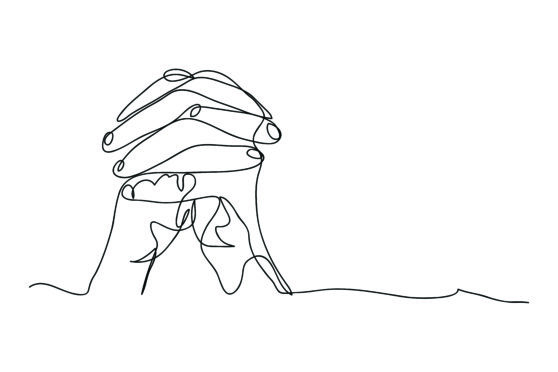
The Scottish Government’s proposed laws to curb hate crime have come under sustained scrutiny in recent weeks with critics, ranging from football fans and police officers to actors and QCs, suggesting the legislation which attempts to define hateful language is ill-considered, unnecessary and counter-productive.
The Scottish Government says the Bill will offer greater protection to victims of hate, but critics fear it could close down legitimate public debate, limit freedom of expression and discourage the voicing of contentious but honest opinion. It has been suggested, for example, that it could lead to the prosecution of Harry Potter author JK Rowling for expressing her concerns about the impact of trans rights on women.
If passed, the Hate Crime and Public Order (Scotland) Bill will create an offence of “stirring up hatred” against a protected group, expanding existing laws protecting racial groups and Justice Secretary Humza Yousaf has said it will provide greater protection for victims of and groups affected by hate crime. He has also promised to listen to all opinions about the proposals, for and against.
He said: “We are determined to do everything it takes to ensure Scotland is a place where there is zero tolerance of hate crime. This Bill will play an important part in realising this.”
But there is a growing backlash against the legislation, with critics comparing it to laws, later scrapped, aimed at curbing offensive behaviour in football grounds.
Here religious, humanist and secular leaders in Scotland explain their concerns about the proposed legislation.
Very Rev Dr Susan Brown
Convener of the Faith Impact Forum of the Church of Scotland
In recent years the Church of Scotland General Assembly has expressed concern about rising hate speech and the incidence of hate crime. Hateful words, attitudes and behaviours are a sad reality of our society.
The Church of Scotland has delivered programmes designed to overcome them, including inter-faith work to counter hate speech, actions against sectarianism and violence against women, as well as initiatives to promote intercultural dialogue and refugee integration.
Legislation is needed to ensure that minority groups and people with protected characteristics have access to justice and safety.
We have been grateful of the opportunity to share the experiences of the Church with MSPs, with members of the Government and as part of Lord Bracadale’s review of hate crime legislation.
Some of our partner Churches have written about their particular anxiety about possible unintended consequences of the proposed legislation and how it relates to freedom of expression.
These views must be carefully considered and, where appropriate, reassurances and safeguards should be put in place to protect the rights and freedoms of people to hold and express a diversity of opinions on matters relating to religion and belief.
We celebrate our part in a multi-faith and pluralist Scotland where people are able to worship and practice their religion freely.
Holyrood needs to make sure that this Bill strikes the right balance between tackling hate crime and protecting freedom of expression.
We look forward to continuing to engage with Parliamentarians and others about our shared ideas, hopes and anxieties for how we can work for the common good.”
Bishop John Keenan
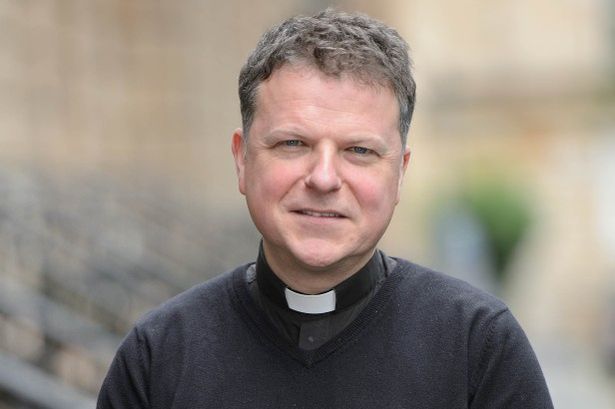
Vice president of the Catholic Bishops’ Conference of Scotland
Whilst acknowledging that stirring up of hatred is morally wrong and supporting moves to discourage and condemn such behaviour, the Bishops are concerned about the lack of clarity around definitions and a potentially low threshold for committing an offence, which could lead to police dealing with a vast number of vexatious claims.
The offence of possessing inflammatory material could render material such as the Bible and the Catechism of the Catholic Church inflammatory. The Catholic Church’s understanding of the human person, including the belief that sex and gender are not fluid and changeable, could fall foul of the new law.
If a Catholic made the sign of the cross when a funeral procession passed by, could this be criminalised as an attempt to stir up hatred even if the individual had no such intention?
Freedom, especially in moral and religious matters, is an inalienable right that must be recognised and protected, always within the limits of the common good and public order. The courts have noted that the freedom to shock, offend and disturb, while contentious and unwelcome are protected by the right to freedom of expression.
These proposals should be revised so that they allow for respectful debate and while encouraging tolerance.
Zara Mohammed

Muslim Council of Scotland
As a Muslim woman of South Asian heritage, hatred is something that I and many of my co-religionists have experienced all too often.
According to figures presented to the Scottish Parliament’s Cross Party Group on Tackling Islamophobia, nearly three-quarters of Muslim women in Scotland have experienced Islamophobia.
More broadly, figures published earlier this year showed an increase in all categories of hate crime. For many of us, our colour, our ethnicity, or even our gender can make us a target for abuse.
The fight against hate and discrimination requires a broad strategy to achieve a Scotland that is just and fair for all. Our hate crime laws are a key strand within that.
The proposed new Hate Crime Bill is an important first step in consolidating Scotland’s hate crime laws into a modern piece of legislation. With significant new offences, including religion, age, and gender, it builds on that, making it fit for the 21st century and beyond.
The new bill must also strike the right balance between maintaining freedom of expression whilst acting as a deterrent to those who would abuse that freedom to spread hate.
For the bill to provide that demarcation, it requires clarity. It also requires scrutiny; the kind only a parliamentary debate can provide because the fight against hatred and bigotry is a fight for us all.
Ephraim Borowski
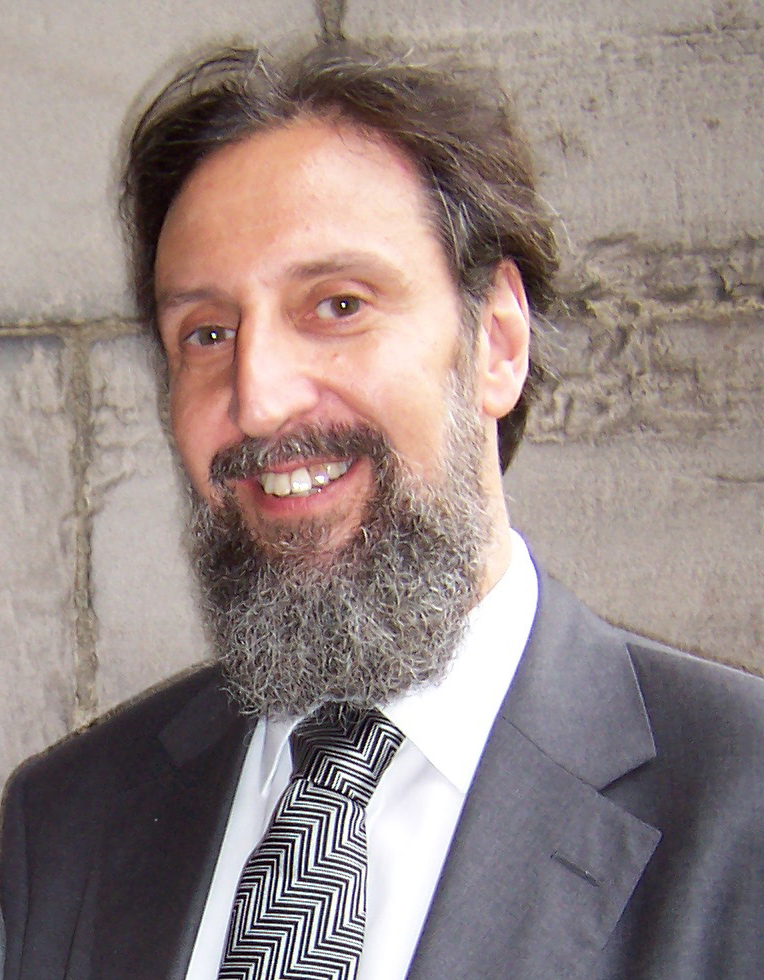
Director of the Scottish Council of Jewish Communities
Hatred and discrimination are, sadly, everyday issues for many people in Scotland. Their impact is long-lasting, and extends well beyond any individual incident, affecting others who share the same protected characteristic.
Hate incidents need not take place every day to be an everyday issue. People sometimes fear they will not be believed; sometimes incidents are so “routine” that people regard them as part of “normal” life.
Hate crime legislation is therefore important not just for deterrence, but for society to signal its abhorrence of prejudice and hatred against identifiable groups. But currently it is a patchwork, and it should be consolidated and simplified. This will help ensure all groups are treated equally, avoiding a “hierarchy of inequality” in which some minorities may not feel adequately protected.
Enabling people to feel safe is at least as important as Police Scotland’s objective of “Keeping People Safe”. That is important in social media as well as real life. Free speech is important in any progressive society, but there is no unqualified human right that permits inciting hatred against any group in society.
Words hurt, so individuals must take responsibility for the reasonably foreseeable consequences of what they say. We trust the courts to distinguish between accidental and deliberate assault; they are well able to do the same for verbal assault.
But legislation can only be part of the solution. Education and inter-communal activities are crucial to demystifying ‘the other’, promoting good relations, and helping people to appreciate the lives and fears of Scotland’s diverse communities.
Rt Rev Anne Dyer
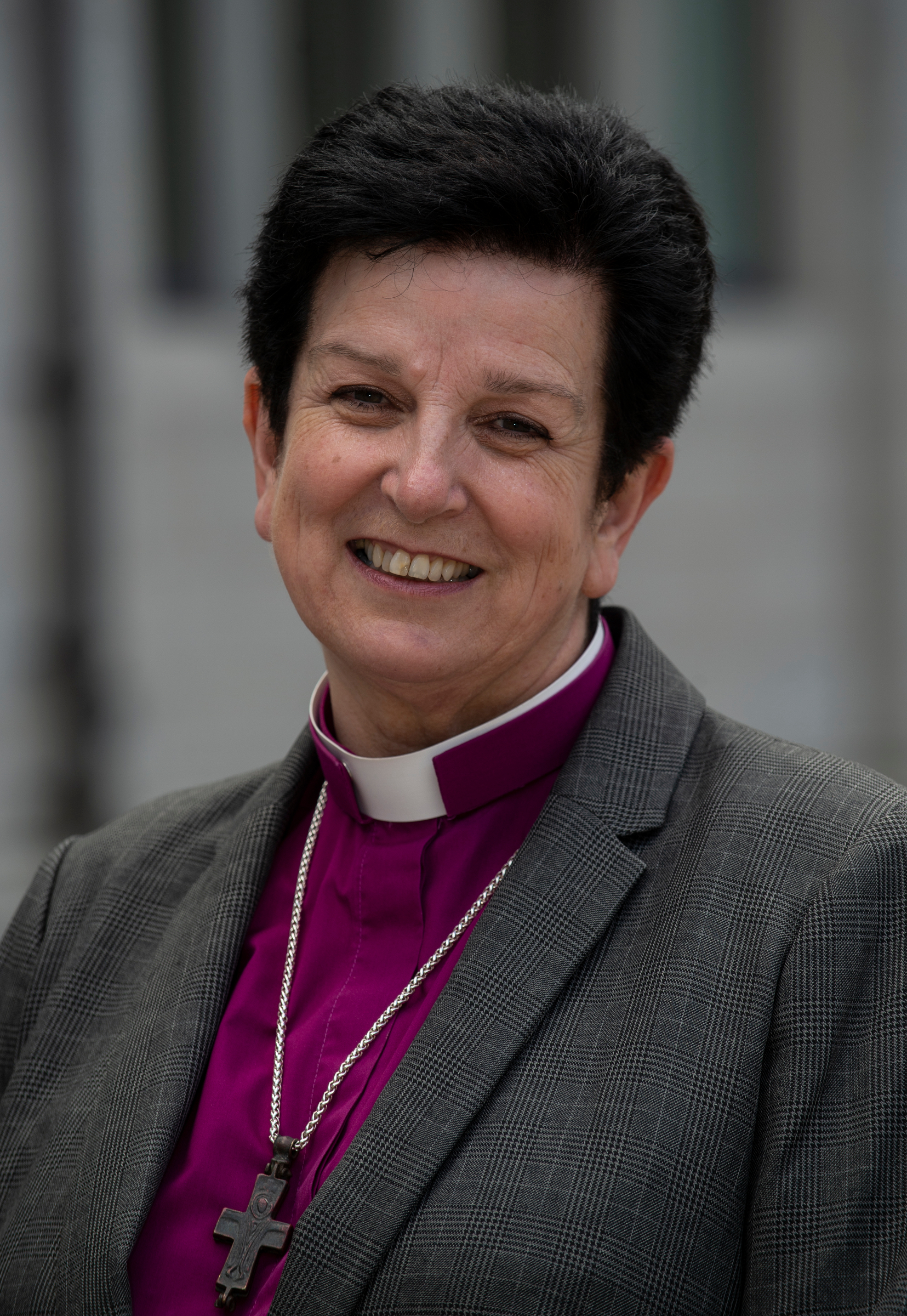
Bishop of Aberdeen and Orkney, Scottish Episcopal Church
Along with the College of Bishops, I am supportive of the Scottish Government considering the issue of hate crime and seeking to consolidate existing legislation to protect everyone in society.
This is essential if we are to enable Scotland to have a society which is diverse and tolerant. It is not right that anyone should feel, or actually be, unsafe because others have fostered an environment that is dangerous through their speech or actions.
The debate about what constitutes a “hate crime” is in itself helpful in raising consciousness over what kinds of speech can place people at risk. We all need to understand how expressing a firmly held view can in some circumstances stir up hate.
However, it will be important that any legislation enacted by the Scottish Parliament both protects people from hate being stirred up against them and also protects people’s freedom of speech and expression. There is widespread concern that the proposed legislation sets the definition of hate crime using such a low bar that both freedom of speech and religious freedom will be jeopardised.
Very careful consideration to how such different rights are to be safeguarded will be needed. Any future legislation will need to be very clear as to what can and cannot be said to and by people in faith communities, including the question of how “intent” to stir up hatred is to be demonstrated. In this regard, the proposed legislation will need close scrutiny and debate at Holyrood.
Fraser Sutherland
Chief executive of Humanist Society Scotland
Currently if someone commits an offence and there is proof that they deliberately targeted their victim because of their background — for example, they use racist language during an assault — they can be charged with a “statutory aggravation” hate crime.
This has allowed the courts, rightly in my view, to take seriously crimes perpetrated against protected groups.
The proposed new law would create a “stirring up” offence that doesn’t take into account the intentions of the person who has said, written, or performed something that could potentially stir up hatred. It doesn’t have to be proven that the person meant to stir up hatred — just that it is considered to be “likely to” do so.
A coalition of people from literature, stage and screen joined with academics, human rights campaigners and journalists to voice their concerns about the Hate Crime Bill.
The joint letter, coordinated by Humanist Society Scotland, warned that the “unintended consequences” of the new law could be used to criminalise behaviour that should be protected as free speech.
It is accepted in Scots Law that we look for proof about the intention behind someone’s actions, and that we must be satisfied that they meant the outcome they are charged with.
By ignoring this, the new law would leave us in a situation where a person writing a play that includes racist characters could be charged with the same “stirring up” offence as a person who shouts racist abuse at another person.
A sensible balance is achievable and I believe the Scottish Parliament will reach it as the bill is scrutinised.
Patrick Mackie
Chair of Scottish Secular Society
Beliefs can be central to people’s sense of self and identity. One believer can take speech to heart more than another, but it would be absurd for a difference of opinion to make a criminal offence.
It is important to distinguish between a belief and the believer. Many beliefs are ridiculous from the perspective of those who do not hold them. This Bill threatens the non-believer – or the holder of another belief – with criminal sanctions if robust discussion, criticism, or mockery of ideas were taken as abusive and insulting by the holder of those ideas.
The gravest risk is not the chilling effect on freedom of expression, but the real fear that legal retaliation becomes available to those who feel hurt by what someone says. It is disturbing that someone could commit a crime, simply by saying things thought likely to stir up hatred, whatever their honest intentions.
The irony is that this Bill could effectively create a new criminal regime of blasphemy, in the very same Bill which seeks to abolish the ancient offence.

Enjoy the convenience of having The Sunday Post delivered as a digital ePaper straight to your smartphone, tablet or computer.
Subscribe for only £5.49 a month and enjoy all the benefits of the printed paper as a digital replica.
Subscribe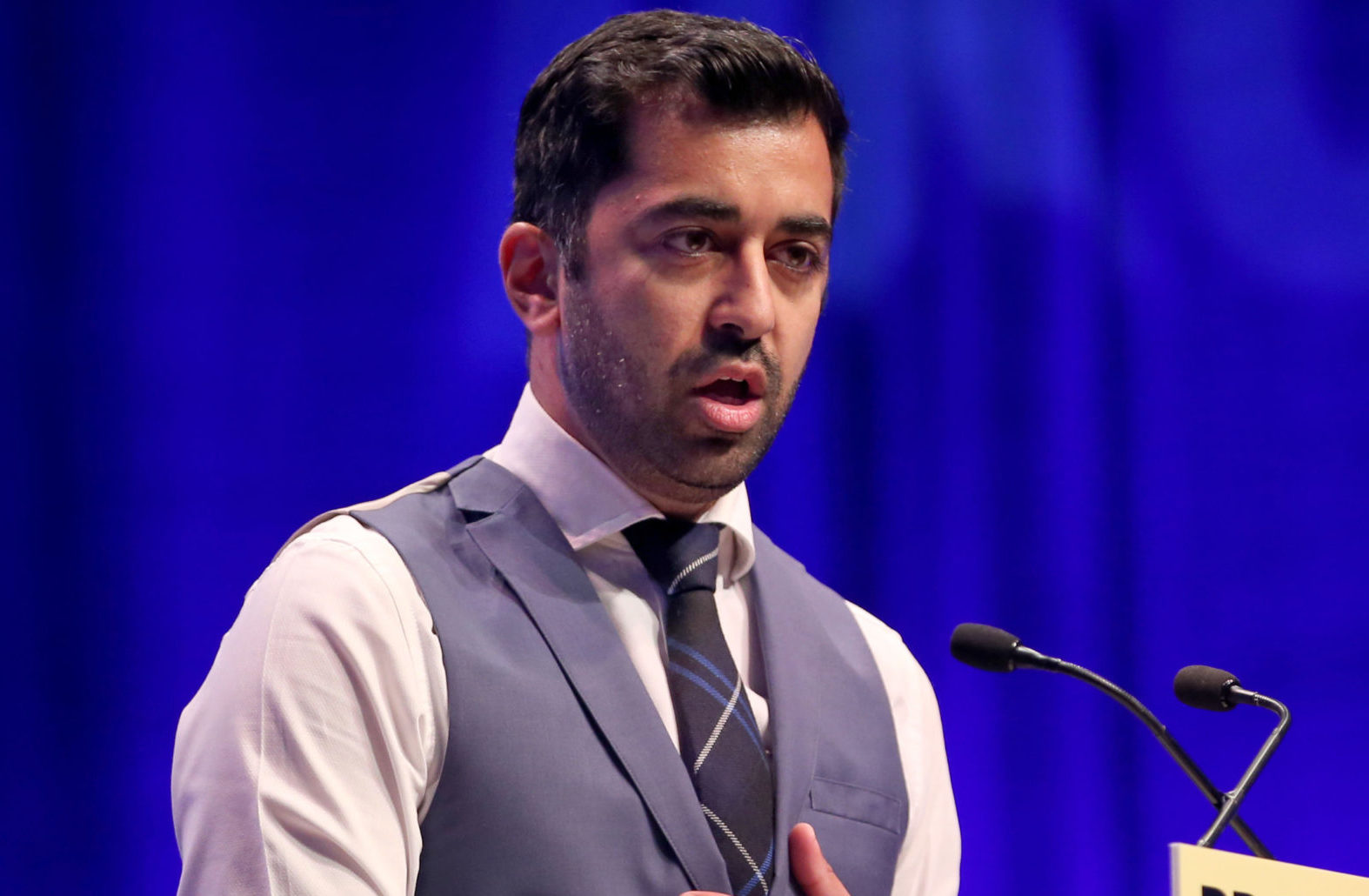 © Jane Barlow/PA Wire
© Jane Barlow/PA Wire